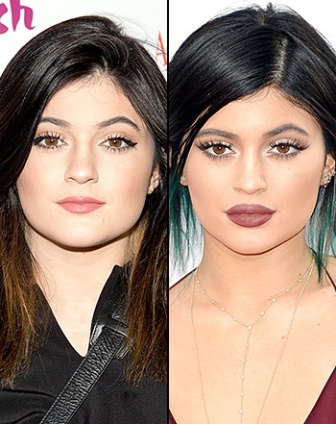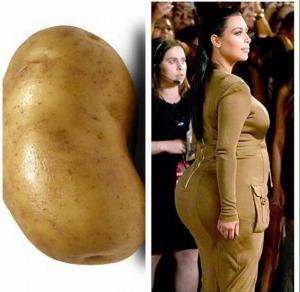Self love.
Is it something that you have innately within yourself, or is it something that you work on and slowly develop over time?
Well speaking from my own personal experience, self love comes from going through the ups and the downs and finally getting to a place where you can accept and love your body even if it’s not model-thin or outrageously curvy.
Growing up, every girl battles with image issues. Her mind tells her she needs to lose weight, or that her thighs are too fat.
Fortunately however, most grow out of this.
I myself found someone who loves me unconditionally and this spurred me to realize that if someone else can love me despite my flaws, that I can too.
Celebrities who preach self love are usually mocked, some claiming a PR team is sitting behind them whispering in their ear what to say.

But I believe these celebrities shouldn’t be mocked for their stance.
Take Demi Lovato for example.

Recently she did a nude, makeup free, non-retouched photo shoot with Vanity Fair’s Patrick Ecclesine and shared with the world her ability to accept and embrace her body in its natural state.
She shared in a candid video with Vanity Fair that her reasons behind the photo shoot were to inspire other women and show that they too can get to a place of self love.
“The reason why I decided to do this photo shoot was because when I, when I think of confident, I think of many things but one thing in particular is feeling comfortable in your own skin.
“I thought there was something incredible about the idea of no makeup whatsoever, no clothes and no retouching.
“You know, that says something – I would’ve never thought that I would’ve ever gotten to a place in my life where I would feel comfortable doing that. It’s empowering and it shows other women that you can get to a place where you can overcome the obstacles of body image issues,” Lovato said.
As a celebrity, you open yourself up to a world of criticism.
Paparazzi follow you around and there is always someone telling you what you should wear, how you should look and that you’re not good enough as is.
I think it’s empowering and inspiring that celebrities like Demi can open up and take a stance against this and say NO to self hatred.
The world needs more women like this.
Until next time,
SR


























